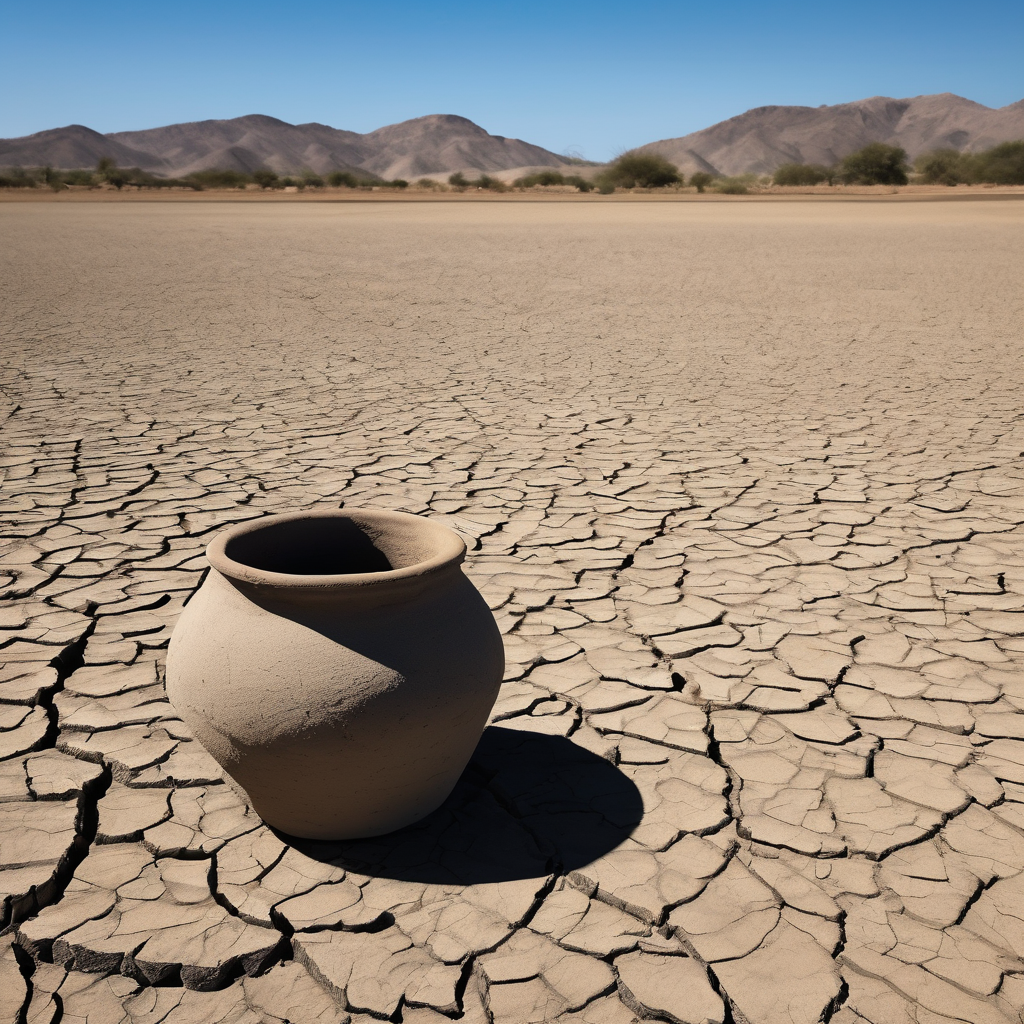In Kabul, Afghanistan, the struggle for access to clean water has become a dire reality for families like that of eight-year-old twins Noorullah and Sanaullah. Their parents once relied on a private well, but four years ago, it dried up. Now, these young children spend their days carting yellow jerrycans from communal taps, sparking frequent altercations with other children, instead of attending school. This predicament highlights a broader, worsening water crisis exacerbating inequality and impacting education, health, and daily living for many Afghans.
The situation in Kabul reflects findings from a report by the Afghanistan Analysts Network warning of the city’s dwindling groundwater, which could completely deplete by 2030. Climate change has intensified droughts and erratic rainfall, making Kabul one of Asia’s most water-stressed cities. This crisis, affecting both affluent and impoverished residents differently, sees wealthy individuals delving deeper into private wells, while poorer families must spend a substantial portion of their income to obtain water through tankers.
This escalating issue of water scarcity is not unique to Afghanistan; similar stories resonate around the world, such as in Suva, Fiji, where prolonged water shortages have prompted families to rely on communal resources or expensive alternatives. Residents have continuously appealed for government intervention to improve infrastructure and management, which could provide sustainable water access for their communities. There, as in Kabul, water shortages not only burden households but also affect children’s education and exacerbate public health concerns.
While the immediate outlook suggests growing challenges, the community’s response reveals a collective yearning for change and adaptation in facing these adversities. Through communal efforts and calls to action from authorities, residents aim to secure a more stable, equitable, and healthier future, underscoring the critical importance of water as a fundamental human right and necessity.
Tackling this water crisis requires urgent attention and cooperation among local and international entities to innovate solutions that address both short-term needs and longer-term resilience against environmental changes. As communities, whether in Kabul, Suva, or elsewhere, unite in advocacy and action, the hope remains for brighter, water-secure days where children like Noorullah and Sanaullah can focus on education rather than survival.
